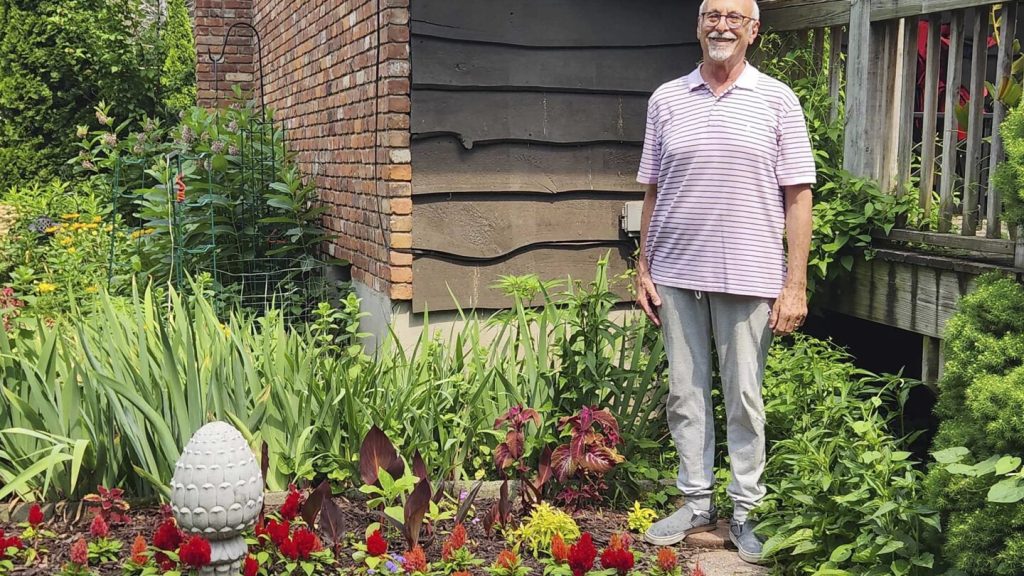After 35 years as a teacher, Jeff Kellert found a new sense of purpose in retirement through volunteering. He spends about 30 hours each month helping with various organizations, including leading support groups for the National Mental Health Alliance. This new opportunity not only keeps him active but also helps him build new friendships and boost his self-esteem. Kellert believes that retirement is no longer about sitting and doing nothing but rather about actively engaging with the community and making a difference in people’s lives. Volunteering has provided him with a sense of fulfillment and productivity that he never expected in his retirement years.
Research by Jacquelyn Stephens, a developmental-health psychologist, has shown that volunteering has numerous health benefits for older adults. Studies have found a connection between volunteering and positive emotions, less loneliness, and increased social support. Eric S. Kim, a psychology professor, explained that these benefits can lead to healthier behaviors and reduced inflammation in the body. While older adults are the most studied group, there are indications that volunteering also benefits high school students. Certain types of volunteer activities, such as physical tasks at food banks, can also provide extra physical activity for individuals.
It is important to note that volunteering is not only beneficial for older adults but also for individuals of all ages. Stephens emphasized that the best type of volunteering is the one that individuals enjoy and are willing to commit to. Overcommitting can negate the health benefits, so it is essential to find a balance. There are various ways to get started with volunteering, including reaching out to your social network to find opportunities that align with your interests and values. AmeriCorps and aggregator websites like VolunteerMatch can also help individuals find volunteer opportunities in their area. By doing a bit of soul searching and exploring what they love, individuals can find fulfilling volunteer opportunities right in their own communities.
The article is part of AP’s Be Well coverage, focusing on wellness, fitness, diet, and mental health. The importance of volunteering in promoting overall well-being and a sense of fulfillment is highlighted. By engaging in volunteer activities, individuals can not only contribute positively to their communities but also reap numerous physical and psychological benefits. Finding the right volunteer opportunity that aligns with one’s interests and values can lead to a more meaningful retirement experience and a deeper sense of purpose. Volunteering is a powerful tool for connecting with others, staying active, and making a difference in the world.
In conclusion, volunteering offers a multitude of benefits, including improved health, increased social connections, and a greater sense of purpose. Individuals like Jeff Kellert have found fulfillment and joy in their retirement years by giving back to their communities through volunteer work. Research supports the idea that engaging in volunteer activities can lead to better overall well-being for people of all ages. By exploring different volunteer opportunities and finding a role that resonates with their interests, individuals can make a positive impact on society while also reaping the rewards of improved physical and mental health. The key is to find a balance, enjoy the volunteer work, and know when to set boundaries to prevent burnout.


